Small businesses have less than 20 workers. They are often single-director companies and family businesses.
In 2018–19, small businesses made up 97% of all Australian businesses and employed 4.7 million workers.
Work health and safety duties for small businesses
In Australia, businesses have the primary duty of care for WHS.
If you’re a person conducting the business or undertaking (PCBU), you must ensure workers’ and others’ health and safety.
That includes if you are a sole trader, self-employed, a partner or you lead a company or organisation.
If you own the business, or you make decisions that affect the business, you have duties as an officer.
You must exercise due diligence and make sure the PCBU complies with their health and safety obligations, including:
-
ensuring there are appropriate practices or systems of work in place
-
actively monitoring and evaluating health and safety at the workplace.
Workers’ compensation in small businesses
Most businesses must have workers’ compensation insurance.
Your jurisdiction will have its own workers’ compensation scheme.
This covers payments to workers with a work-related injury or illness including:
-
lost wages if they can’t work
-
medical costs and rehabilitation expenses to help them return to work as soon as possible.
Safety leadership in small business
It’s important for small business owners to lead a workplace culture of positive health and safety practices.
Then your workers are more likely to follow safety procedures and raise safety issues.
A positive culture means better WHS. You avoid incidents and injuries, minimise stoppages and save money.

